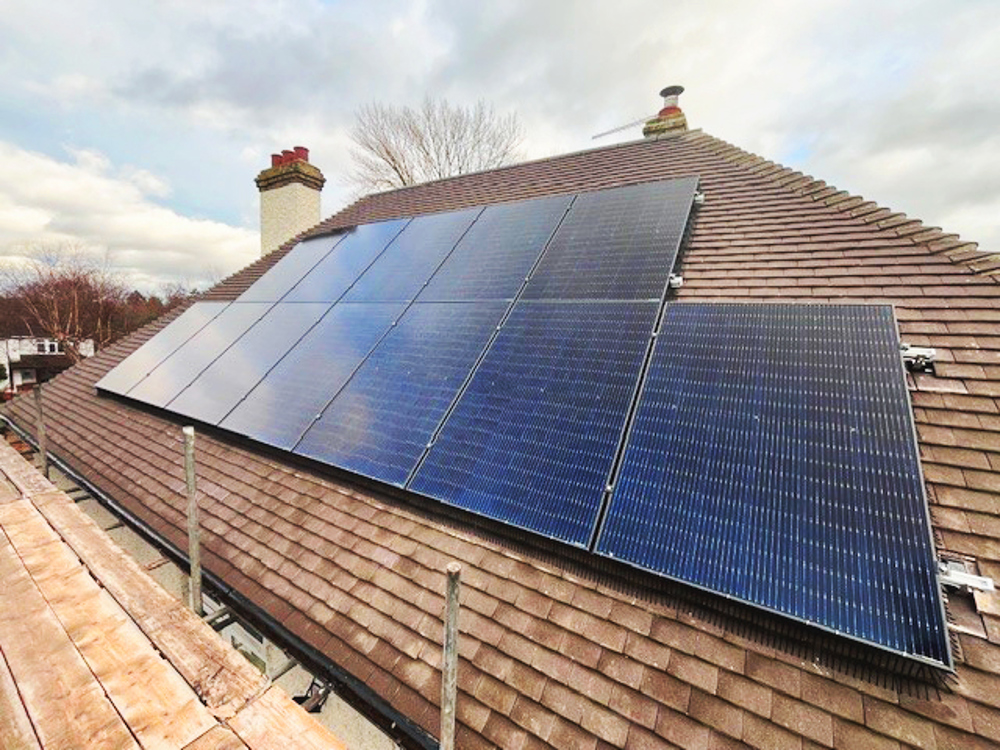-
Our Services
-
-
Our Story
Search
Sureserve has been focused on creating trusted partnerships in delivering safe, healthy and warm homes, with lower bills, for the UK’s social housing stock since its foundations were laid in 1988.
Head of Net Zero Carbon at Sureserve, Andrew Tod, highlights the pressing challenges and potential solutions for improving the energy efficiency of UK homes, particularly social housing. The UK's housing stock is among the least energy-efficient in Europe, with 74% [1] of homes still relying on fossil fuels, primarily gas. This dependence on gas, much of which is imported, leaves households vulnerable to fluctuating global energy prices.

Tod argues that decarbonising homes is essential to meet the UK’s sustainability targets, reduce carbon emissions, improve air quality and alleviate the financial pressures felt by many households, especially the most vulnerable.
One of the key obstacles identified is the significant skills gap in the retrofit sector. An estimated 350,000 [2] additional workers are needed by 2028 to meet the demands of decarbonising homes, necessitating both new recruits and the retraining of current professionals. A particular focus is placed on involving under-represented groups and creating more inclusive pathways to entry, which can also benefit the communities being served.
Resource allocation is another challenge, as housing providers are often stretched thin by competing priorities such as customer complaints, safety regulations, and budget constraints. This leaves little room for long-term planning around retrofitting homes. Tod argues for building strong, long-term partnerships with the supply chain to develop holistic strategies that address multiple issues—such as damp, mould, and safety—while improving energy efficiency and reducing bills.
On the financial front, Tod points out the inconsistent and often inadequate funding for energy-efficient retrofits. While there are government grants like the Social Housing Decarbonisation Fund (SHDF), many local authorities face budget cuts, making large-scale projects difficult to finance. However, innovative funding solutions are emerging, including green bonds, social housing investments, and local climate bonds, which could offer new pathways to close the financing gap.
The article stresses the need for early planning, the development of a clear retrofit strategy, and a shift in mindset toward viewing decarbonisation as an investment in long-term societal benefits, rather than merely a financial cost. By addressing these gaps and building effective partnerships, the UK can create warmer, healthier homes that are both energy-efficient and affordable for residents.
For more detailed insights, please refer to the full article.